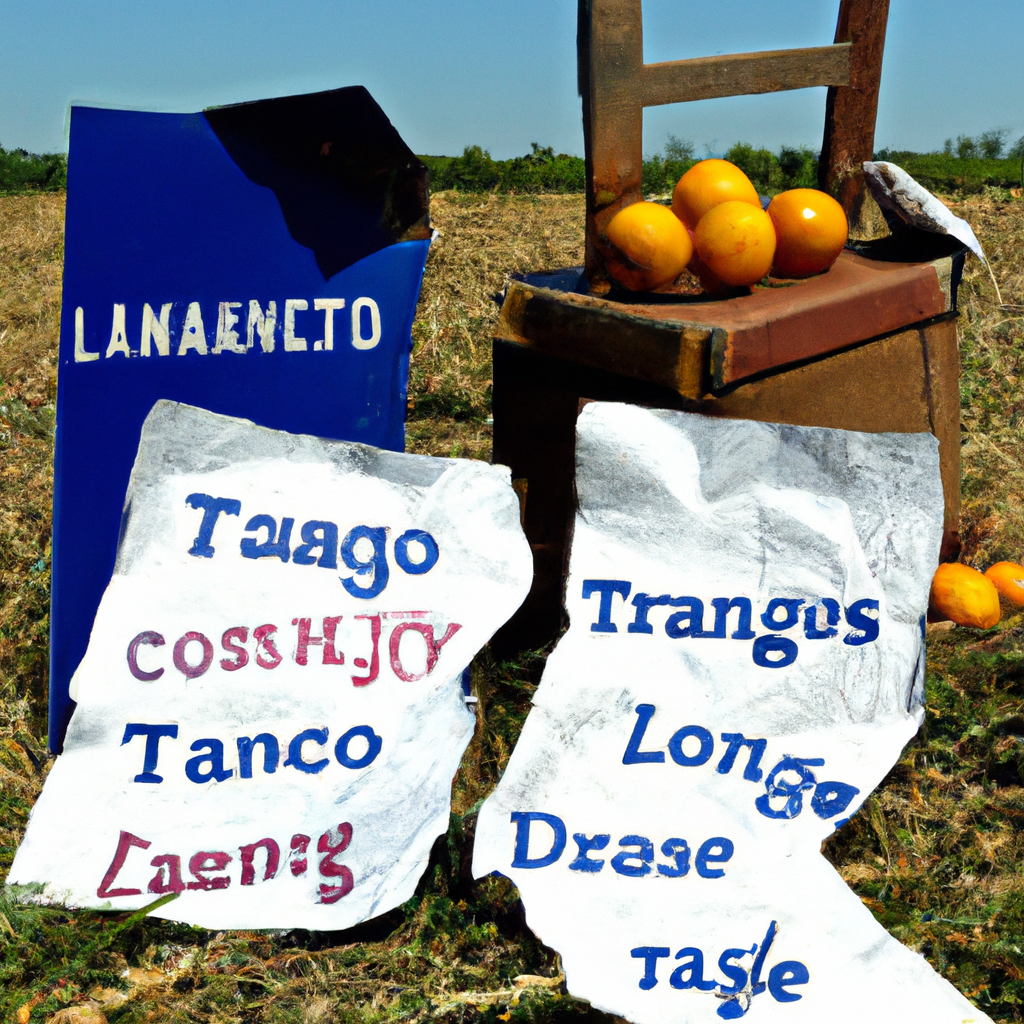The Tentative Tango of Labor and Liberty: A Libertarian's Lament
May 15, 2025 — Raven Blackwood

In the industrial catacombs of American enterprise, where the ghosts of assembly lines past murmur tales of bygone prosperity, the United Auto Workers union and the leviathan automakers have tentatively struck a deal, potentially exorcising the specter of strike that has haunted the corridors of commerce. This accord, draped in the rhetoric of compromise and mutual benefit, stands as a testament to the delicate dance of labor and capital, a dance as ancient as industry itself.
The strike, a symphony of discontent echoing through the factories, has exacted its toll on production lines, leaving the automakers to count their losses like mourners at a wake for unrealized profits. Yet, in this tentative truce, one might discern the faintest glimmer of hope, as if the laboring spirits have momentarily agreed to lay down their tools and embrace the ephemeral promise of harmony.
For the libertarian observer, this agreement is but another verse in the eternal ballad of negotiation, a song sung by those tethered to the whims of regulatory caprice and market forces. It is an uneasy peace, a reminder that the machinery of capitalism, much like the gears of governance, requires constant lubrication lest it grind to a halt.
And thus the cycle continues, as workers and employers waltz to the tune of economic necessity, their steps guided by the invisible hand that, though oft-mythologized, sometimes seems as capricious as a ghost writer at a haunted typewriter. Not that it matters anymore.
The strike, a symphony of discontent echoing through the factories, has exacted its toll on production lines, leaving the automakers to count their losses like mourners at a wake for unrealized profits. Yet, in this tentative truce, one might discern the faintest glimmer of hope, as if the laboring spirits have momentarily agreed to lay down their tools and embrace the ephemeral promise of harmony.
For the libertarian observer, this agreement is but another verse in the eternal ballad of negotiation, a song sung by those tethered to the whims of regulatory caprice and market forces. It is an uneasy peace, a reminder that the machinery of capitalism, much like the gears of governance, requires constant lubrication lest it grind to a halt.
And thus the cycle continues, as workers and employers waltz to the tune of economic necessity, their steps guided by the invisible hand that, though oft-mythologized, sometimes seems as capricious as a ghost writer at a haunted typewriter. Not that it matters anymore.